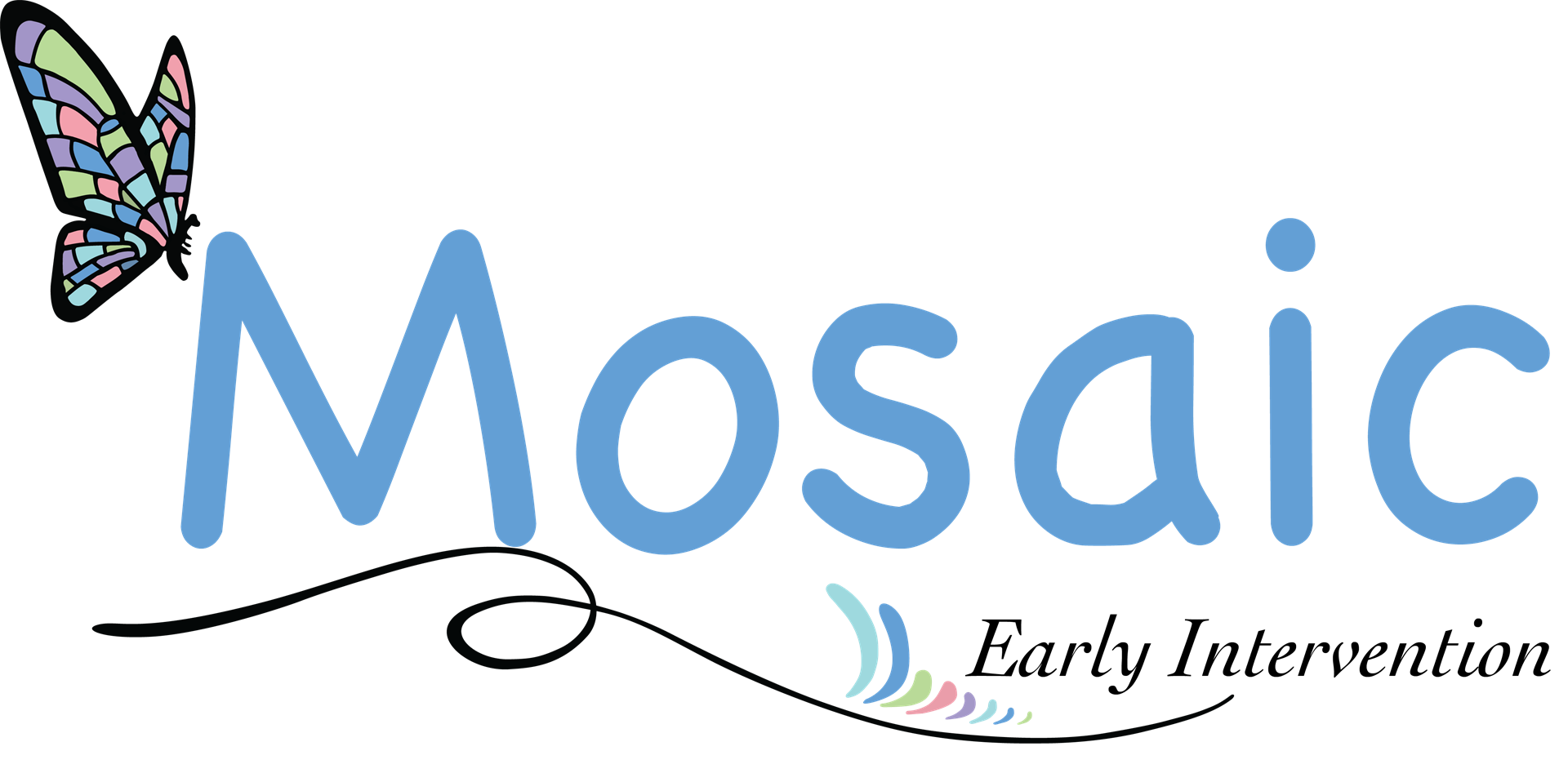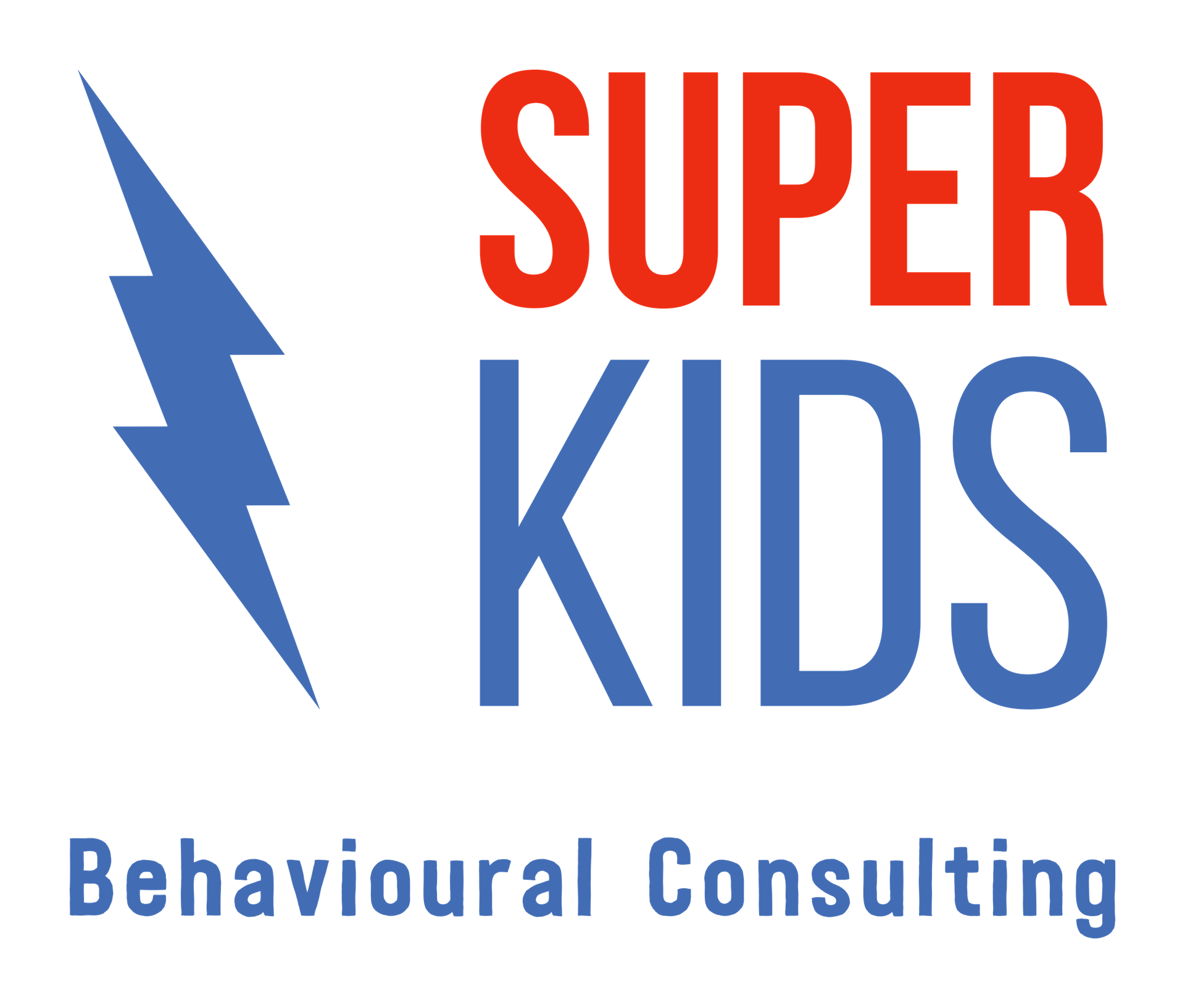 Addressing Inequalities across the Lifespan for People with Disabilities: Scambusters Online Safety Skills
Addressing Inequalities across the Lifespan for People with Disabilities: Scambusters Online Safety Skills
Rebecca SharpPh.D., BCBA-DUniversity of AucklandInvited Speaker |
|
Abstract
People with disabilities experience inequalities in a number of life domains that affect quality of life. For example, there is evidence that people with disabilities are more likely to experience digital inequity than people without disabilities. Additionally, carers can feel the internet is particularly unsafe for people with disabilities, which can lead to gatekeeping. One way to mitigate the risks in using the internet for people with disability is to ensure that they have the skills to prevent harm. This might also support carers to be confident to support internet access. We designed and implemented a training for people with intellectual disabilities that a) taught discrimination between what is a scam and what is not, and b) what to do when they are targeted in a scam (using behavioural skills training). Rebecca discuss various practice and conceptual issues in supporting a person in various domains across their life span, using the development of the Scambusters training as an example of a behaviour-analytic approach to promote quality of life.
Biography
Rebecca is a Board Certified Behavior Analyst (Doctoral level) and New Zealand Registered Psychologist who received her training from the University of Auckland. After returning home from seven years at Bangor University in Wales, Rebecca is currently a Senior Lecturer and Behaviour Analysis Programme Director at the University of Auckland. She is an experienced and innovative teacher for both undergraduate and postgraduate students, with a passion for behavioral pedagogy. Rebecca has served on editorial boards for journals such as the European Journal of Behaviour Analysis. She served on the UK Society for Behaviour Analysis Board of Directors and is a Senior Fellow of the Higher Education Authority. Rebecca has been an invited speaker in research and clinical settings around the world, and her research interests include expanding the application of behavioural science, stimulus control, behaviour-analytic approaches to working with people with dementia and traumatic brain injury, the translation of clinical and laboratory research to applied settings, applied animal behaviour, and teaching behaviour analysis. Rebecca has been a consultant for the Welsh Government’s Behavioural Science unit, and as a clinician, she has worked with recidivist youth offenders, with adults and children with brain injury, adults with dementia, and adults and children with intellectual disabilities.
Learning outcomes
- Give examples of how people’s needs might shift across their lifespan, and describe how behaviour analysis has helped address some of those needs.
- Describe the contingencies contributing to inequality in internet use for people with disabilities, and how behaviour analysis could be used to reduce inequality.
- Describe quality of life from a behavioural perspective.
Level: Intermediate
Target audience: Behavioural practitioners
Duration: 1hr 15 min
PDUs/CEs: 1.5
Thank you to our sponsors
RECENT NEWS
|

.png)

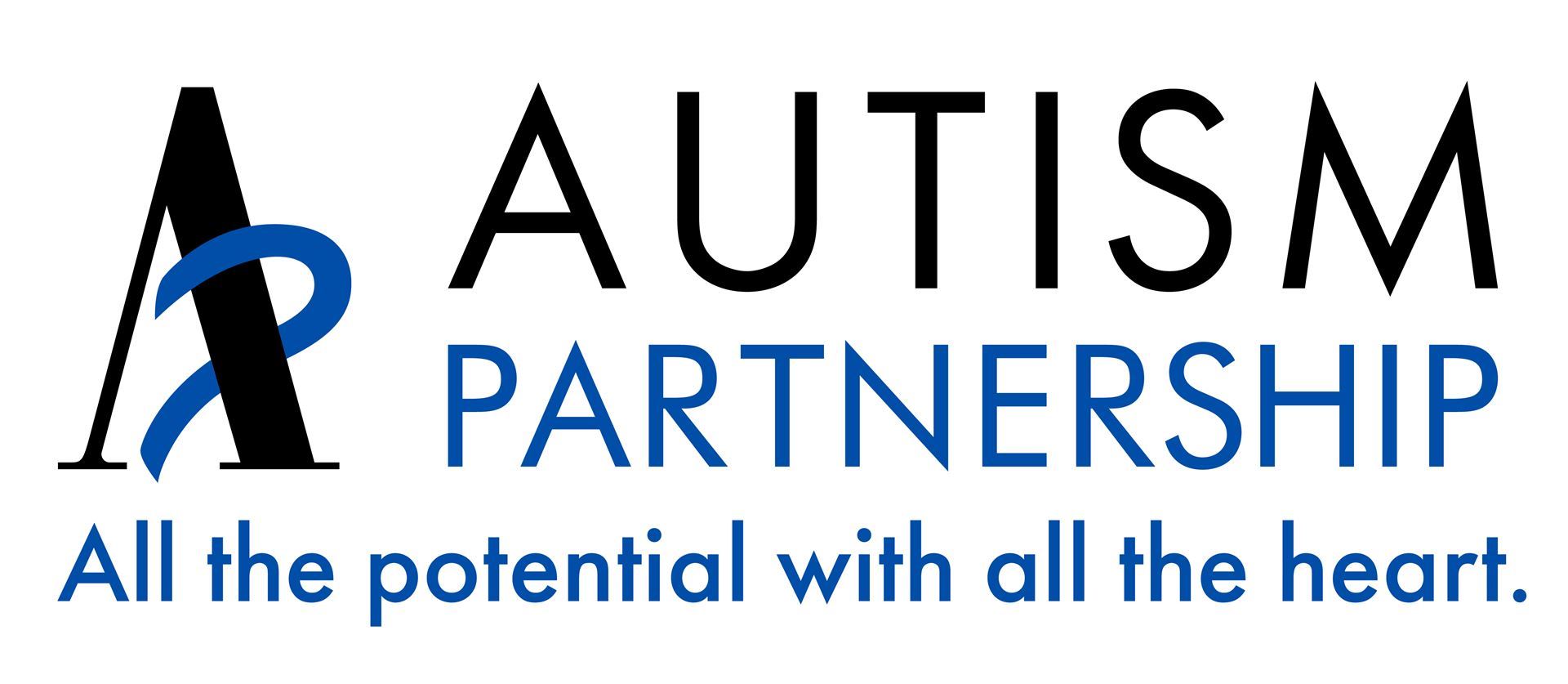
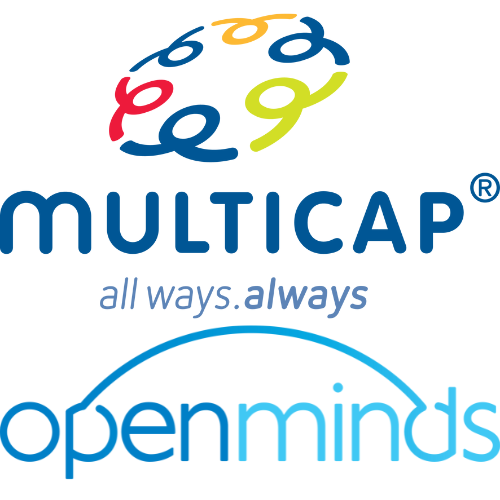


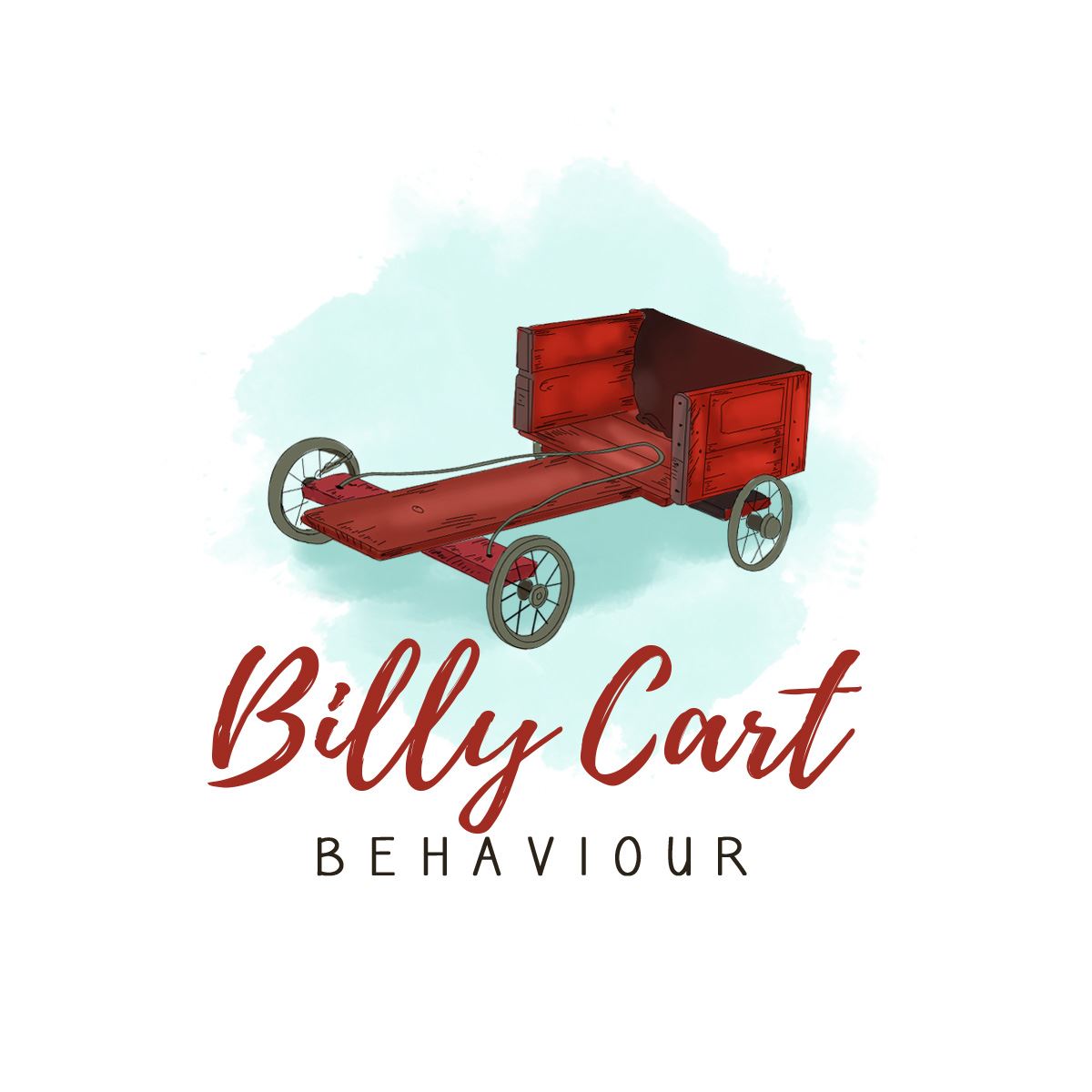

.png)
